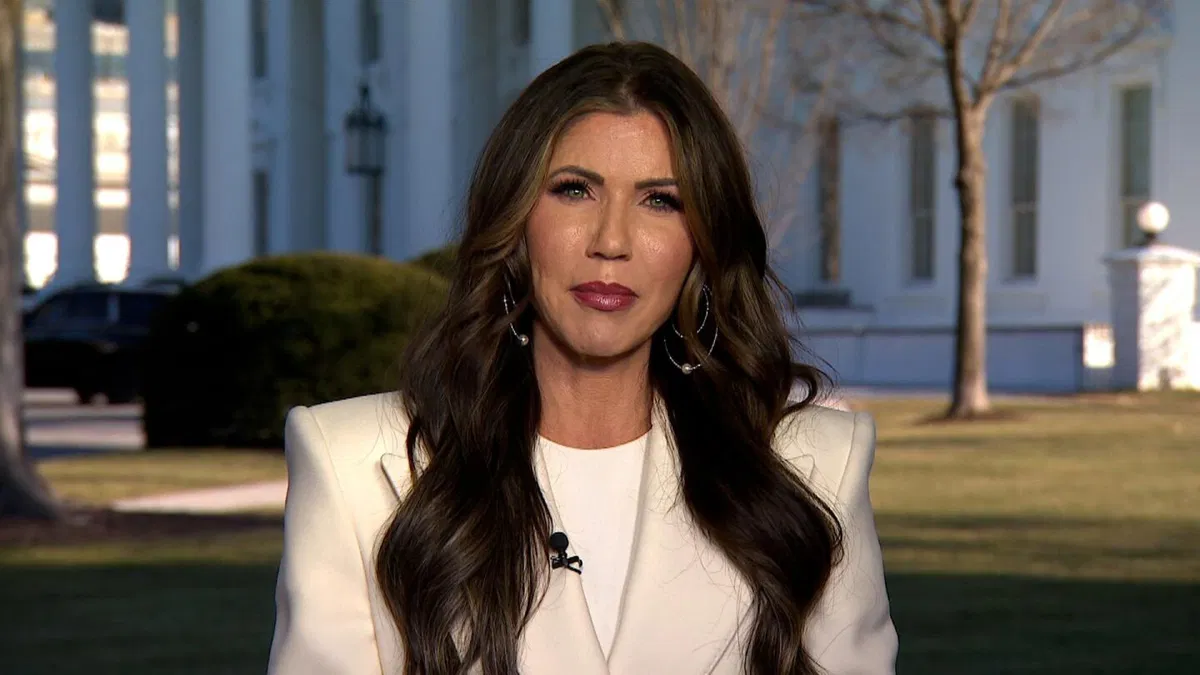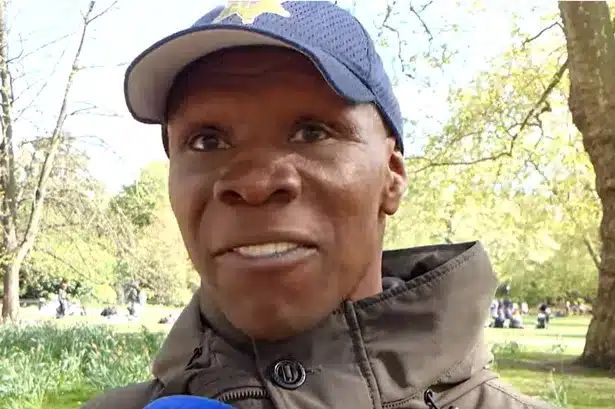Unexpected financial challenges can arise at any time, whether it’s a sudden medical bill, car repair, or job loss. These situations can disrupt your financial stability and cause stress, but with the right strategies, you can overcome them.
Learning how to handle unexpected expenses and developing a plan will help you maintain control over your finances, even in difficult times.
In this article, we’ll discuss practical steps to tackle unexpected financial difficulties and guide you through ways to overcome them, ensuring long-term financial security.
1. Assess The Situation
The first step in tackling unexpected finances is to assess the situation thoroughly. Take a moment to identify the exact nature of the financial challenge and the amount of money needed to resolve it.
Whether it’s a medical emergency, sudden home repair, or another financial setback, understanding the full scope of the situation will help you plan your response effectively. Make a list of all the urgent expenses and compare them against your available funds, including savings and current cash flow.
2. See If You Need A Loan
Sometimes, despite your best efforts, your financial situation may still require additional help. In such cases, consider whether taking out a loan is a viable option. If you have good credit, you may be able to access a loan with a reasonable interest rate.
However, it’s essential to carefully evaluate the loan terms, including interest rates and repayment periods, to ensure it won’t worsen your financial situation in the long run. Make sure to apply only with reputed direct lenders like Lending Stream.
Avoid payday loans or other high-interest options that could put you in a worse financial position.
3. Prioritise Immediate Expenses
Once you’ve assessed your financial situation, the next step is to prioritise your immediate expenses. Some bills, such as rent, mortgage payments, utilities, and essential living costs, should take priority.
If you’re facing multiple financial challenges, focus on paying off the most urgent ones first. This will prevent any long-term damage to your financial standing, such as late payment fees or a dip in your credit score.
Prioritising ensures that you keep control of critical aspects of your finances while addressing the more urgent needs.
4. Build An Emergency Fund
An emergency fund is essential for dealing with unexpected expenses. Ideally, you should have three to six months’ worth of living expenses saved in an easily accessible account. If you don’t already have an emergency fund, start building one as soon as possible, even if you can only contribute small amounts.
In the meantime, use any existing savings to cover urgent expenses. Having a financial buffer gives you peace of mind and ensures that you’re prepared for any future financial emergencies.
5. Consider Early Debt Repayment
If you’re already carrying high-interest debts, unexpected financial challenges can make them harder to manage. Prioritise paying off high-interest debts early, as this will free up more of your income and prevent you from accumulating further interest charges.
If you’re facing a large financial challenge, such as an unexpected medical bill or car repair, it may be helpful to reduce or defer payments on lower-priority debts temporarily. Once your immediate financial challenge is resolved, refocus on paying off debts to regain financial stability.
6. Create A Temporary Budget
In response to unexpected finances, creating a temporary budget can help you manage your money more effectively. Start by listing all your essential expenses and allocating the necessary funds. Cut back on non-essential spending and redirect the saved money toward tackling the financial challenge at hand.
This temporary budget should focus on keeping your essential needs covered while addressing the urgent financial issue. Once the situation stabilises, you can adjust your budget to reflect your long-term financial goals.
7. Cut Non-Essential Spending
One of the quickest ways to free up money to handle unexpected finances is by cutting back on non-essential spending. Review your discretionary expenses, such as dining out, entertainment, and subscriptions.
Temporarily eliminating or reducing these expenses can provide extra funds to cover unexpected costs. Small sacrifices in your spending habits can make a significant difference when dealing with financial challenges, allowing you to recover more quickly without needing to borrow more money or go into further debt.
8. Explore Additional Income Sources
If your current income is not enough to cover the unexpected financial burden, consider exploring additional income sources. This might include taking on freelance work, selling unused items, or offering services such as tutoring or delivery driving.
Finding temporary or part-time work can provide a much-needed boost to your finances while you navigate through a difficult time.
Even small amounts of extra income can make a difference when dealing with unexpected expenses, helping you tackle them more effectively.
9. Plan For Future Financial Stability
Once you’ve overcome the immediate financial challenge, it’s important to plan for future financial stability. Reflect on what caused the unexpected expense and identify ways to prepare for similar situations in the future.
Start by building or replenishing your emergency fund, setting financial goals, and sticking to a long-term budget. Consider working on paying off outstanding debts and finding ways to increase your income or reduce regular expenses.
Planning ahead will help you be better prepared for any future financial difficulties.
Conclusion
Tackling unexpected finances can be overwhelming, but with the right strategies in place, you can overcome them and strengthen your financial position. From assessing the situation and prioritising immediate expenses to building an emergency fund and planning for future stability, each step helps you regain control over your finances.
By taking a proactive approach and making informed decisions, you’ll be able to manage unexpected financial challenges with confidence and maintain your financial health in the long run.















